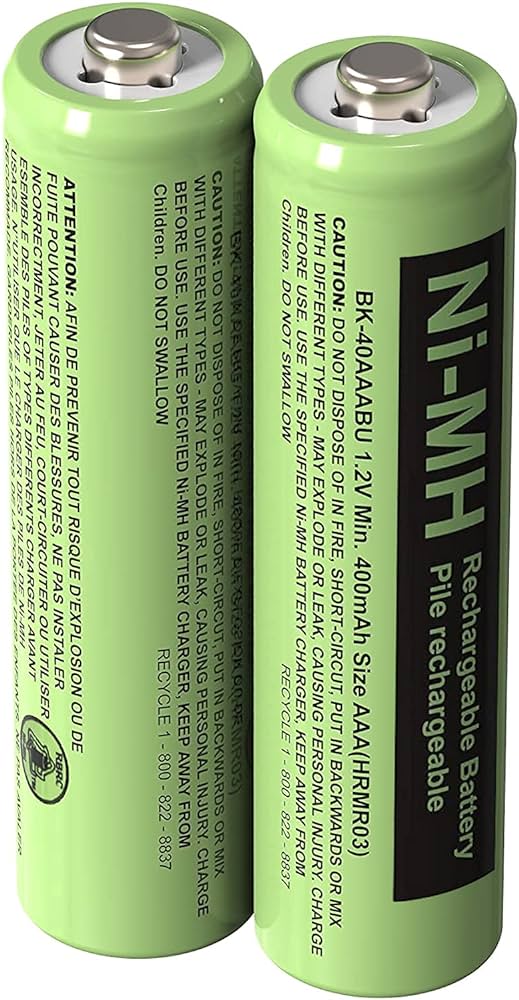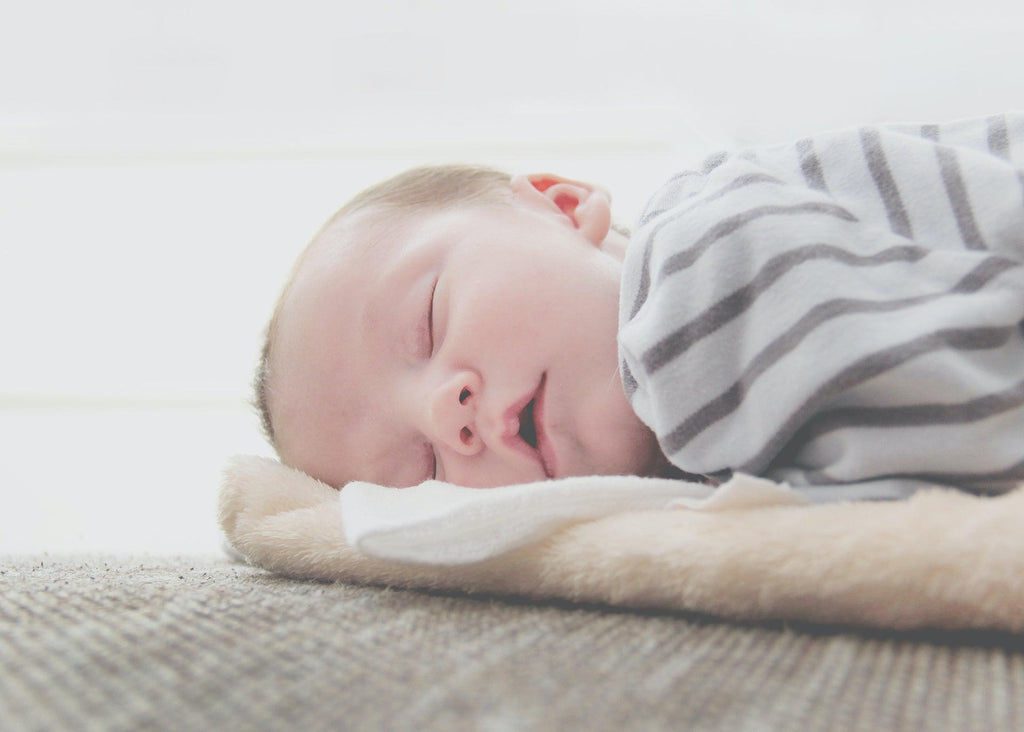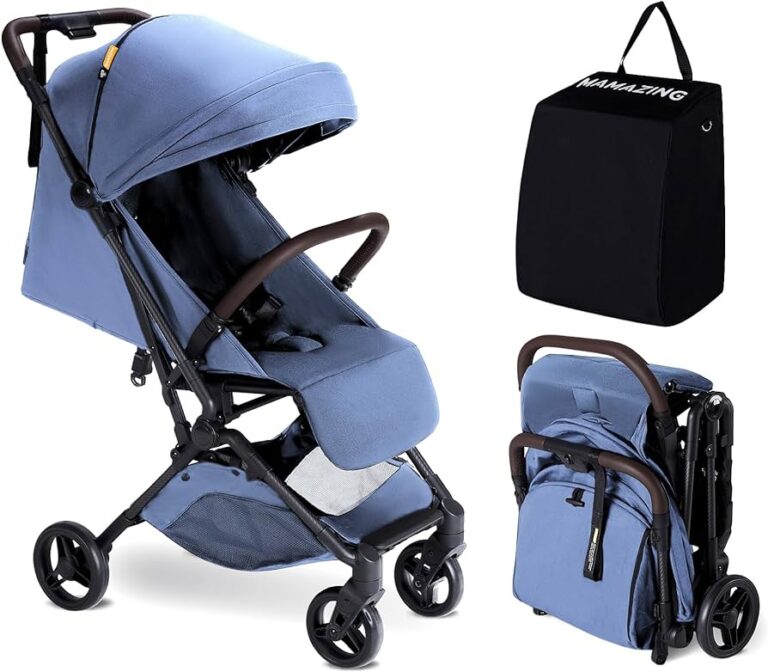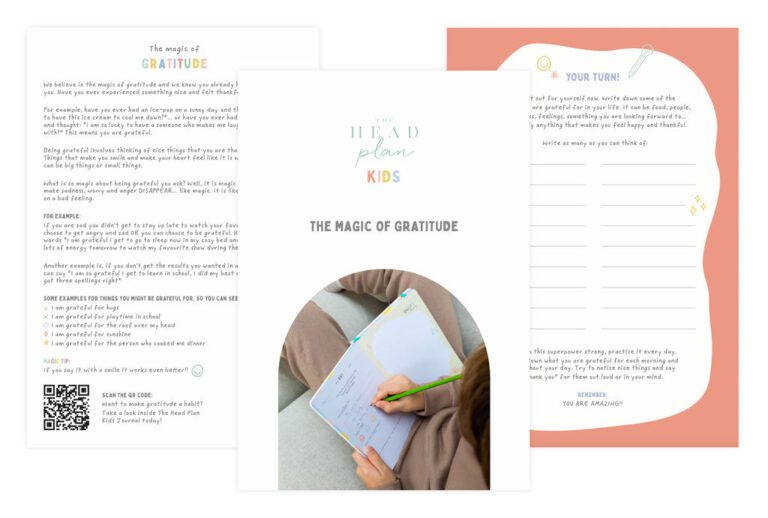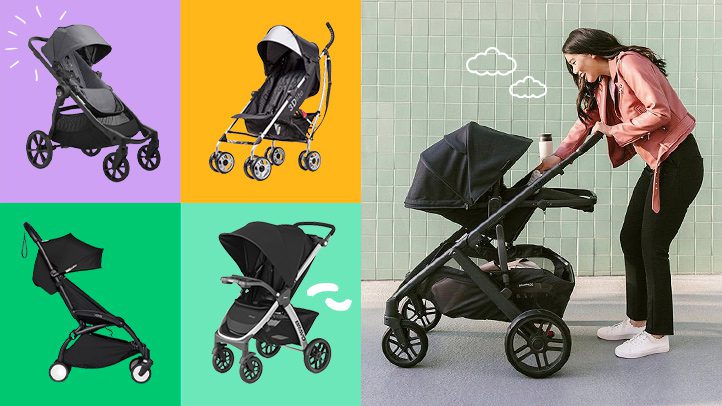How to Know If Child Swallowed Aaa Battery: Signs and Symptoms Revealed!
If you suspect that your child has swallowed an AAA battery, look out for symptoms such as trouble breathing, wheezing, drooling, coughing and gagging when eating, trouble swallowing, chest pain, belly pain, nausea, vomiting, and loss of appetite. These symptoms may indicate that a battery has been ingested and immediate medical attention is required.
Recognizing The Signs – How To Identify If Your Child Has Swallowed A Battery
Accidents happen, especially when it comes to curious little ones exploring their surroundings. One potentially dangerous mishap parents need to be aware of is when a child accidentally swallows a AAA battery. It’s crucial to recognize the signs of this occurrence promptly to ensure quick medical intervention. In this article, we will highlight the key indicators you should look out for if you suspect your child has swallowed a AAA battery.
Unusual Breathing Difficulties
One of the most critical signs to watch out for is unusual breathing difficulties in your child. If you notice that your little one is wheezing or having trouble breathing, it could be an indication of a swallowed AAA battery. This can be a serious medical emergency, so it’s essential to act fast and seek medical help immediately.
Excessive Drooling
Excessive drooling is another common symptom that can alert you to the possibility of a swallowed AAA battery. If you notice that your child is drooling more than usual, it could be an indication that something is lodged in their throat or esophagus, such as a battery. Keep an eye out for this sign, especially if it occurs suddenly and without any apparent cause.
Persistent Coughing And Gagging During Meals
If your child is experiencing persistent coughing and gagging during meals, it may be a cause for concern. This symptom could indicate that a AAA battery is lodged in their digestive tract, causing irritation and difficulty in swallowing food properly. Any persistent coughing or gagging should be evaluated by a medical professional to rule out the possibility of a swallowed battery.
Difficulty Swallowing
Difficulty swallowing is a red flag that should not be ignored. If your child complains of pain or discomfort while swallowing, it could be indicative of a AAA battery blocking their esophagus. This symptom requires immediate medical attention to ensure the battery is safely removed and any potential damage is addressed promptly.
Chest Pain Or Discomfort
It’s crucial to be aware of any complaints of chest pain or discomfort from your child. Swallowed AAA batteries can cause irritation and inflammation in the esophagus, leading to chest pain. If your child shows signs of discomfort in the chest area, it’s important to seek medical help promptly to evaluate the situation and take appropriate action.
In conclusion, recognizing the signs of a swallowed AAA battery is crucial to ensure your child’s safety. If you notice unusual breathing difficulties, excessive drooling, persistent coughing and gagging during meals, difficulty swallowing, or chest pain or discomfort, it’s important to act quickly and seek immediate medical attention. Remember, early intervention can make a significant difference in preventing any potential complications.
Assessing Physical Symptoms – What To Look For When Suspecting Battery Ingestion
When it comes to ensuring the safety of our children, taking precautions and being aware of potential hazards is vital. One potential danger that parents should be aware of is battery ingestion. If you suspect that your child may have swallowed an AAA battery, it’s crucial to know how to assess the physical symptoms to determine whether immediate medical attention is necessary.
Vomiting
Vomiting is one of the signs to look for when suspecting battery ingestion in a child. If your child experiences unexplained or persistent vomiting, especially if it is accompanied by any other symptoms mentioned here, it could be an indication of a swallowed AAA battery. It is important to seek medical assistance immediately to ensure your child’s safety and well-being.
Abdominal Pain
Abdominal pain is another symptom to be on the lookout for if you suspect your child may have swallowed an AAA battery. If your child complains of stomach discomfort or you notice them holding their abdomen in pain, it could be a sign of battery ingestion. Trust your instincts as a parent and seek medical attention promptly if you have any concerns.
Blood Or Blood-tinged Saliva, Vomit, Or Stool
If you notice blood or blood-tinged saliva, vomit, or stool, it could indicate damage or injury caused by a swallowed AAA battery. Blood in any bodily fluids should never be ignored and should be taken seriously as a potential indication of a serious health issue. It is essential to seek medical help immediately if you observe these symptoms in your child.
Remember, battery ingestion can be a potentially life-threatening situation, and it should not be taken lightly. If you notice any of these physical symptoms, act promptly and seek medical attention. Being aware of the signs and symptoms of battery ingestion and responding quickly can make a difference in ensuring your child’s safety and well-being.
Understanding The Dangers Of Battery Ingestion – Why It Is A Serious Concern
Understanding the dangers of battery ingestion and how to know if a child swallowed an AAA battery is essential due to the serious concerns it poses. Symptoms such as wheezing, drooling, coughing, chest pain, and abdominal pain may indicate battery ingestion, requiring immediate medical attention.
Battery ingestion is a serious concern that should never be taken lightly. In particular, AAA batteries can pose a significant risk if swallowed by a child. Understanding the dangers associated with battery ingestion is crucial for parents and caregivers, as immediate action is needed to ensure the well-being of the child.
Poisonous Effects Of Aaa Batteries
AAA batteries may seem harmless, but when swallowed, they can release toxic chemicals that can cause serious harm to a child’s health. The primary danger lies in the battery’s contents, which typically include corrosive chemicals such as lithium or alkaline compounds.
When the battery casing is compromised, either due to chewing or swallowing, these chemicals can leak into the child’s body. Once released, the toxic chemicals can cause a range of poisonous effects, including:
- Severe burns and damage to the esophagus, stomach, or intestines
- Internal bleeding
- Organ damage
- Infection
- Blockage of the digestive system
It’s important to note that even if the battery doesn’t cause immediate symptoms, it can still cause significant harm over time. Therefore, it is essential to take immediate action if you suspect a child has swallowed a AAA battery.
Potential Health Risks In Different Age Groups
The potential health risks associated with AAA battery ingestion can vary depending on the age of the child. Younger children, such as toddlers and infants, are particularly vulnerable due to their smaller size and underdeveloped digestive systems.
Ingesting a AAA battery can have severe consequences for younger children, as their organs and tissues are more easily damaged by the corrosive chemicals. Older children may also experience significant health risks, especially if the battery gets stuck in the esophagus or intestine.
Notably, even if a child appears to be asymptomatic after swallowing a battery, it’s important to consult with a medical professional as soon as possible. An X-ray or other diagnostic procedures may be necessary to determine the exact location and potential damage caused by the battery.
Why Immediate Action Is Crucial
Immediate action is crucial when dealing with a suspected AAA battery ingestion. The longer a battery remains in the child’s system, the greater the potential for serious health complications.
Seeking prompt medical attention is vital because healthcare professionals have the necessary expertise and tools to evaluate and address the situation. They can identify the exact location of the battery using X-rays or other imaging techniques, allowing them to devise an appropriate treatment plan.
Remember, time is of the essence when it comes to battery ingestion. If you suspect a child has swallowed a AAA battery, contact a healthcare provider or go to the nearest emergency room immediately.
Managing A Battery Ingestion Incident – Steps To Take If You Suspect Your Child Swallowed A Aaa Battery
If you suspect your child swallowed a AAA battery, there are steps you can take to manage the situation. Look out for symptoms such as trouble breathing, drooling, coughing, chest pain, and nausea, and seek medical help immediately.
If you suspect that your child has swallowed a AAA battery, it’s crucial to take immediate action to ensure their safety. Here are some essential steps to follow in managing a battery ingestion incident:
1. Call Emergency Services Or Seek Immediate Medical Attention
When you suspect that your child has ingested a AAA battery, time is of the essence. It’s important to call emergency services or seek immediate medical attention. The professionals can provide you with the necessary guidance and instructions based on your child’s specific situation.
2. Do Not Induce Vomiting Or Give Any Liquids Without Professional Guidance
While your instinct may be to induce vomiting or give liquids to your child, it’s crucial to resist the urge. Only do so under the guidance of medical professionals. Swallowing batteries can cause severe harm, and improper actions can lead to further complications.
3. Safely Secure Any Remaining Battery Packaging Or Remnants For Identification
After ensuring your child’s safety, it’s important to safely secure any remaining battery packaging or remnants for identification purposes. This can help medical professionals better understand the type and potential toxicity of the swallowed battery. Place them in a secure container, away from the reach of children and pets.
4. Prevent Battery Access And Take Preventive Measures
Battery ingestion incidents can be prevented by taking preventive measures. To ensure the safety of your child and avoid such incidents in the future, follow these steps:
- Keep batteries out of reach: Store batteries in designated, child-proof containers or locked cabinets.
- Secure battery compartments: Ensure battery compartments in devices and toys are secure and inaccessible to children.
- Educate your child: Teach your child about the dangers of swallowing batteries and the importance of not putting them in their mouth.
- Follow age guidelines: Only provide age-appropriate toys and devices that do not contain easily accessible batteries.
- Regularly inspect toys and devices: Check for any loose or accessible batteries in toys and devices and replace them as needed.
By following these preventive measures, you can significantly reduce the risk of battery ingestion incidents and ensure the safety of your child.
Remember, in cases of suspected battery ingestion, consulting medical professionals is crucial. They can provide the appropriate guidance and treatment needed to safeguard your child’s health. Act swiftly, remain calm, and prioritize the well-being of your child.
Seeking Medical Treatment – What To Expect And Potential Complications
If you suspect that your child has swallowed an AAA battery, seeking immediate medical treatment is crucial. In this section, we will explore the triage and treatment guidelines for battery ingestion, possible complications and risks, as well as the long-term effects and follow-up care after the incident.
Triage And Treatment Guidelines For Battery Ingestion
When it comes to battery ingestion, time is of the essence. If your child exhibits any of the following symptoms: trouble breathing, wheezing, drooling, coughing and gagging when eating, trouble swallowing, chest pain, belly pain, nausea, vomiting, or a loss of appetite, it is important to seek medical attention immediately.
The healthcare provider will triage the situation and may perform a physical examination to determine the severity of the ingestion. They may also order diagnostic tests such as X-rays or imaging scans to locate the battery and assess any potential damage.
The treatment approach will depend on various factors, including the location, size, and type of battery ingested. In some cases, the battery may pass naturally without any intervention. However, if the battery is lodged in the esophagus or has caused significant damage, removal may be necessary through endoscopic procedures or surgery.
Possible Complications And Risks
AAA battery ingestion can lead to severe complications if not addressed promptly. The battery’s electrical charge combined with the body’s moisture can cause chemical burns and tissue damage, which may lead to perforation of the esophagus, stomach, or intestines. This can result in potentially life-threatening infections or internal bleeding.
There is also a risk of the battery leaking toxic substances such as mercury and lithium, which can further cause harm to the surrounding tissues and organs.
If left untreated, battery ingestion can have long-term consequences on a child’s health and development.
Long-term Effects And Follow-up Care After The Incident
Following treatment for battery ingestion, it is crucial to monitor your child’s health closely and attend any recommended follow-up appointments. The healthcare provider will assess the healing process and determine if any further interventions or medications are necessary.
Long-term effects of battery ingestion can vary depending on the severity of the damage. Some children may experience ongoing complications such as difficulty swallowing, chronic pain, or digestive issues. In rare cases, it may also affect their respiratory function, voice, or speech.
During the follow-up care, the healthcare provider will provide guidance on proper nutrition, pain management, and any necessary therapy or rehabilitation to support your child’s recovery and overall well-being.
Remember, if you suspect your child has swallowed an AAA battery, it is essential to seek immediate medical attention to minimize the potential risks and complications associated with battery ingestion.

Credit: nypost.com
Frequently Asked Questions On How To Know If Child Swallowed Aaa Battery
How Do I Know If My Baby Swallowed Aaa Battery?
If you suspect your baby has swallowed an AAA battery, look out for symptoms such as trouble breathing, wheezing, drooling, coughing and gagging when eating, trouble swallowing, chest pain, belly pain, nausea, vomiting, and loss of appetite. Seek immediate medical attention if you notice any of these symptoms.
What Are The Symptoms Of A Child Swallowing A Battery?
Symptoms of a child swallowing a battery include vomiting, chest pain, abdominal pain, and blood in saliva, vomit, or stool.
Are Aaa Batteries Poisonous?
No, AAA batteries are not poisonous. However, if swallowed, they can cause symptoms such as trouble breathing, chest pain, abdominal pain, vomiting, and discomfort. It is important to seek medical attention if a child has swallowed a battery.
What Should I Do If My Child Chewed On A Battery?
If your child chewed on a battery, it is important to seek medical attention immediately. Look out for symptoms such as difficulty swallowing, chest pain, abdominal pain, vomiting, or blood in their saliva, vomit, or stool. Do not waste time and take your child to the nearest emergency room or call poison control for further guidance.
Conclusion
If you suspect that your child has swallowed an AAA battery, it is crucial to stay vigilant and look for common symptoms such as drooling, difficulty swallowing, or vomiting. These signs may indicate that immediate medical attention is necessary. Remember, even though cylindrical batteries like AAA may seem less harmful than button batteries, they can still cause serious health complications.
It’s always better to be safe than sorry when it comes to the well-being of your child. If you have any doubts, reach out to a medical professional right away.
